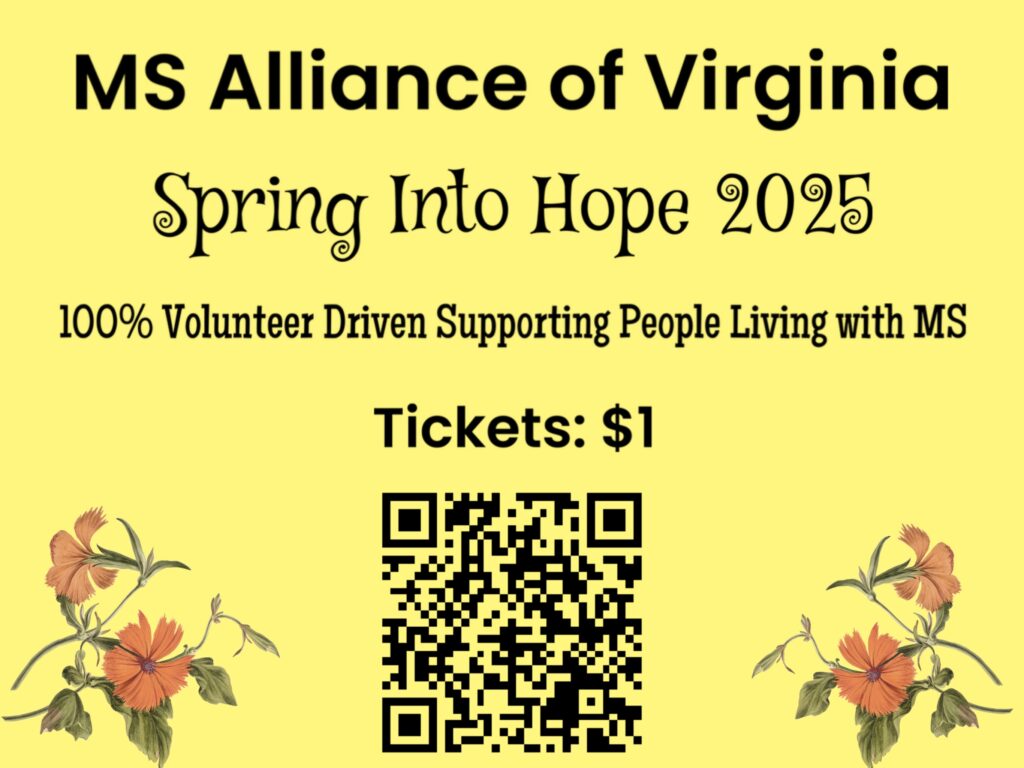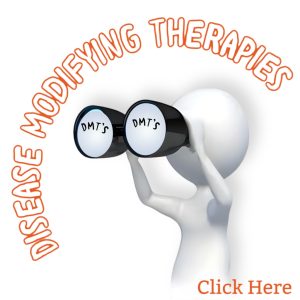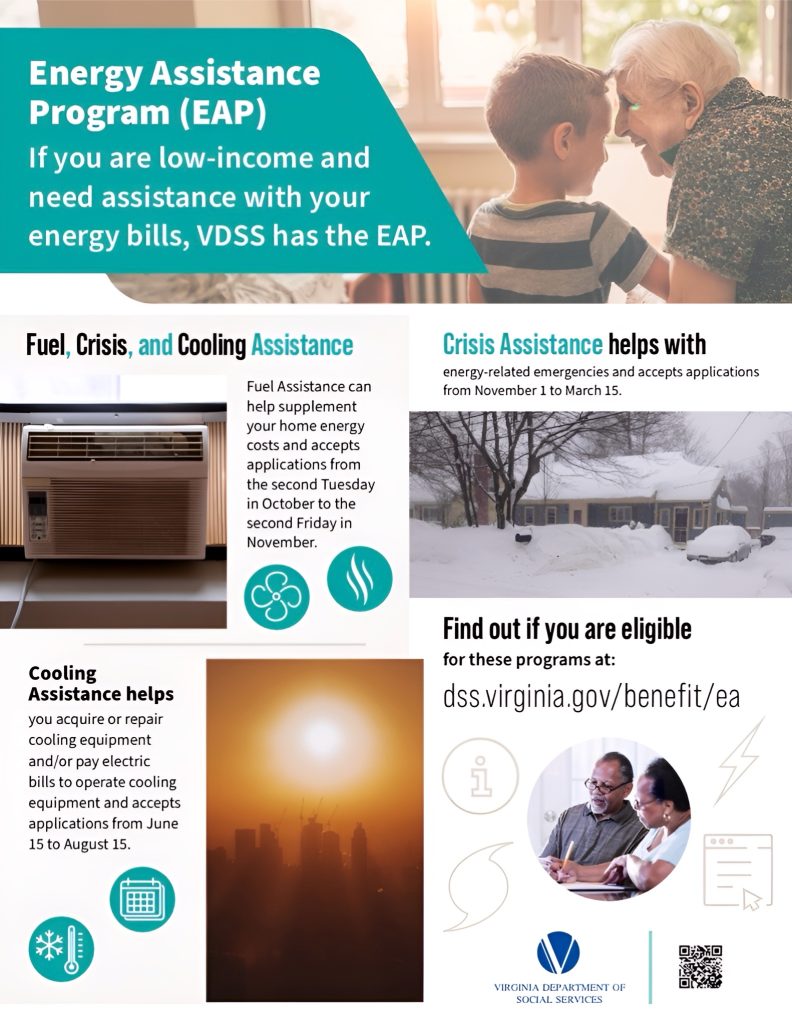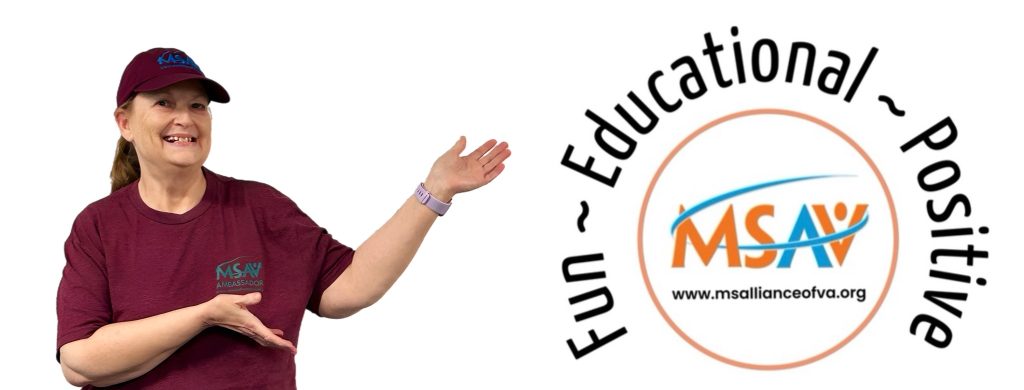
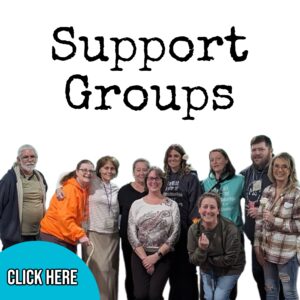
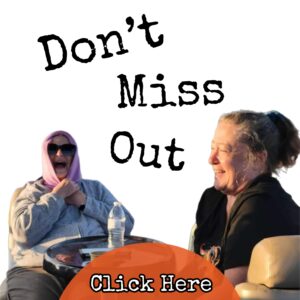
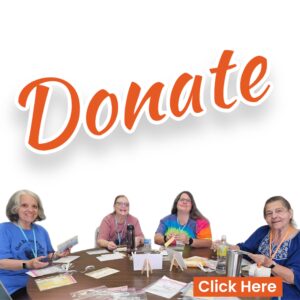

Clinically Isolated Syndrome (CIS) vs. MS
Clinically isolated syndrome is a first episode of neurologic symptoms caused by demyelination and inflammation in the central nervous system. These neurologic symptoms, similar to those of multiple sclerosis, must last at least 24 hours with no accompanying fever or...
Medical Panel Prescribes Fatigue Journaling and Symptom Management To Fight MS Fatigue
An estimated 80 percent of people living with multiple sclerosis experience fatigue, which can interfere with work, school, and tasks of daily life. However, there are several lifestyle strategies for tackling this symptom. Experts from across the MS care spectrum...
Wearable ‘Neural Sleeve’ Counters Foot Drop, Aids Mobility in Study
People in a Neural Sleeve gait study were reported to show an “average improvement” of 143% in foot drop, a common symptom of multiple sclerosis (MS) and other conditions that hinder mobility, its developer, Cionic, reports. The wearable “bionic” device — which...
What to Know About Avoiding the Flu When You Have MS
The flu is a contagious respiratory sickness that generally causes fever, aches, chills, headaches, and in some cases, more serious issues. It’s an especially big concern if you’re living with multiple sclerosis (MS). Scientists have linked the flu to MS relapse....
You’ve Just Been Diagnosed With MS. Now What?
We all respond differently to information about our health. After learning you have multiple sclerosis (MS), you might be stunned, scared, or even relieved to have answers that explain vision changes, dizziness, or tingling. No matter what you’re feeling, you’re not...
The Virginia Energy Assistance Program (EAP) assists low-income households in meeting their immediate home energy needs. The EAP consists of four components: Fuel Assistance, Crisis Assistance, Cooling Assistance and Weatherization Assistance. Click on the flyer for more information.
Our Mission Statement
Provide programs, events, activities and services for people living with MS in Southwest Virginia and the surrounding areas, including veterans.
Educate and empower people with MS, their care partners, friends and family. We will guide people to organizations that may be able to assist with their needs.
Contribute to awareness in the community, including educational programs to young people, first responders and community organizations.
Encourage and expand support groups to include assisted-living facilities, homebound people and help others start upbeat groups like ours.

